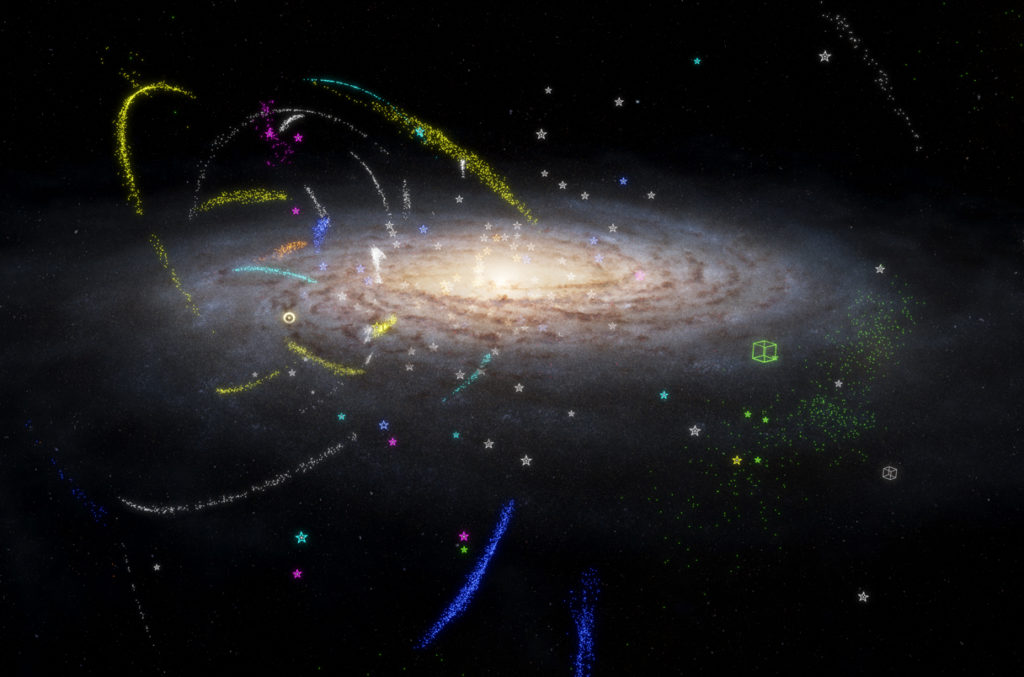MI weekly selection #456
MI weekly selection #456

Atomic clock may help with more precise measurements
Physicists have created an atomic clock that is so accurate it won’t lose a second for 300 billion years. Researchers say the clock’s precision will help them better understand difficult to measure things as gravitational waves and dark matter.
Map charts Milky Way’s leftovers from galaxy binges
Scientists have created a map that shows the remnants left from about six galaxies absorbed by the Milky Way over the last 13 billion years. They used Gaia satellite data to identify these remnants and linked 62 items to five specific events.
Stone tool use appears to come naturally to orangutans
Researchers have observed orangutans in captivity using stone tools with little or no guidance, a finding that could help scientists better understand how human ancestors came to create and use stone tools. “[T]he fact that orangutans don’t use stone tools in the wild is due to a lack of need or opportunity (because they are mostly arboreal) rather than due to a lack of ability,” says Alba Motes-Rodrigo, author of the study.
The tale behind lizards’ detachable tails
Pronged segments fit together snugly to help lizard tails stay put under most circumstances or break off easily should the need arise. Researchers examined lizard tails with a scanning electron microscope and found intricate structures keep the tail attached.
What’s holding off Iceland’s glacier melt?
The rate Iceland’s glaciers are melting has slowed thanks to an area of surprisingly cold water in the North Atlantic Ocean. The cold area, called the Blue Blob, first showed up in 2011 and reached its coldest temperature in 2015, but scientists say it won’t hold off melting much longer, with glaciers returning to rapid melting rates by the 2050s.